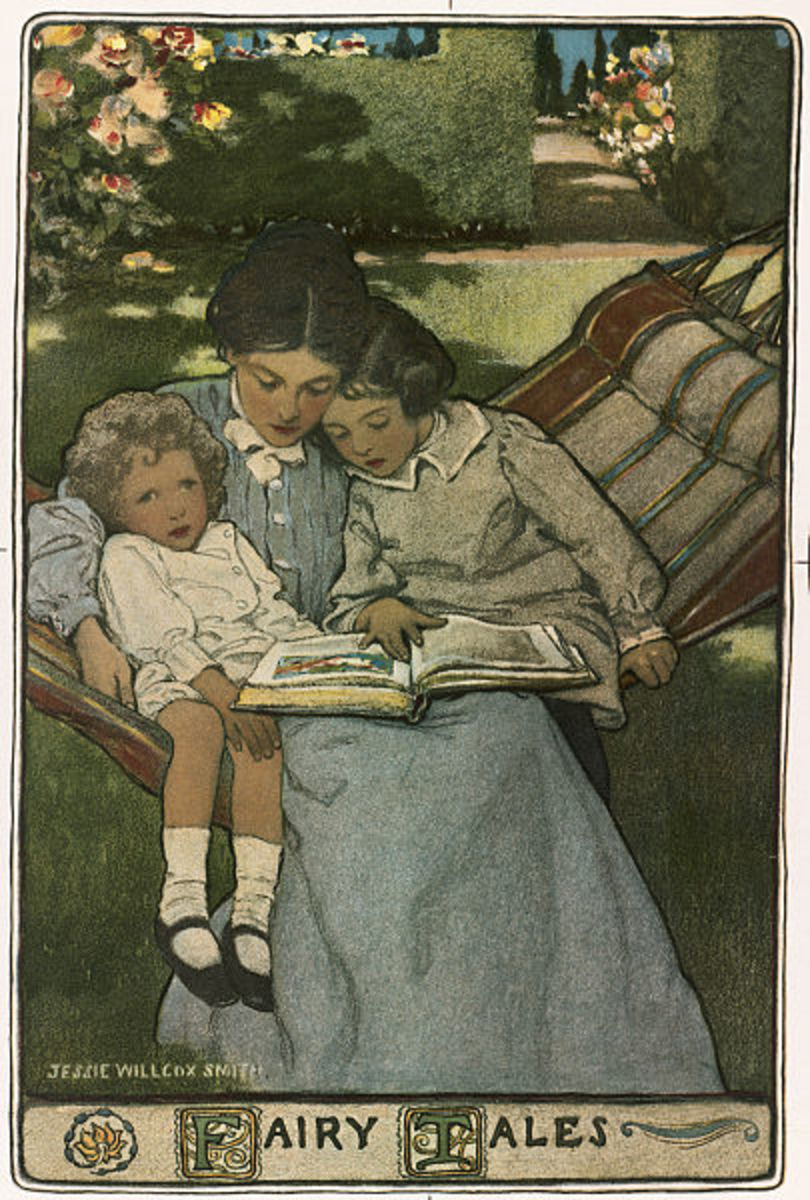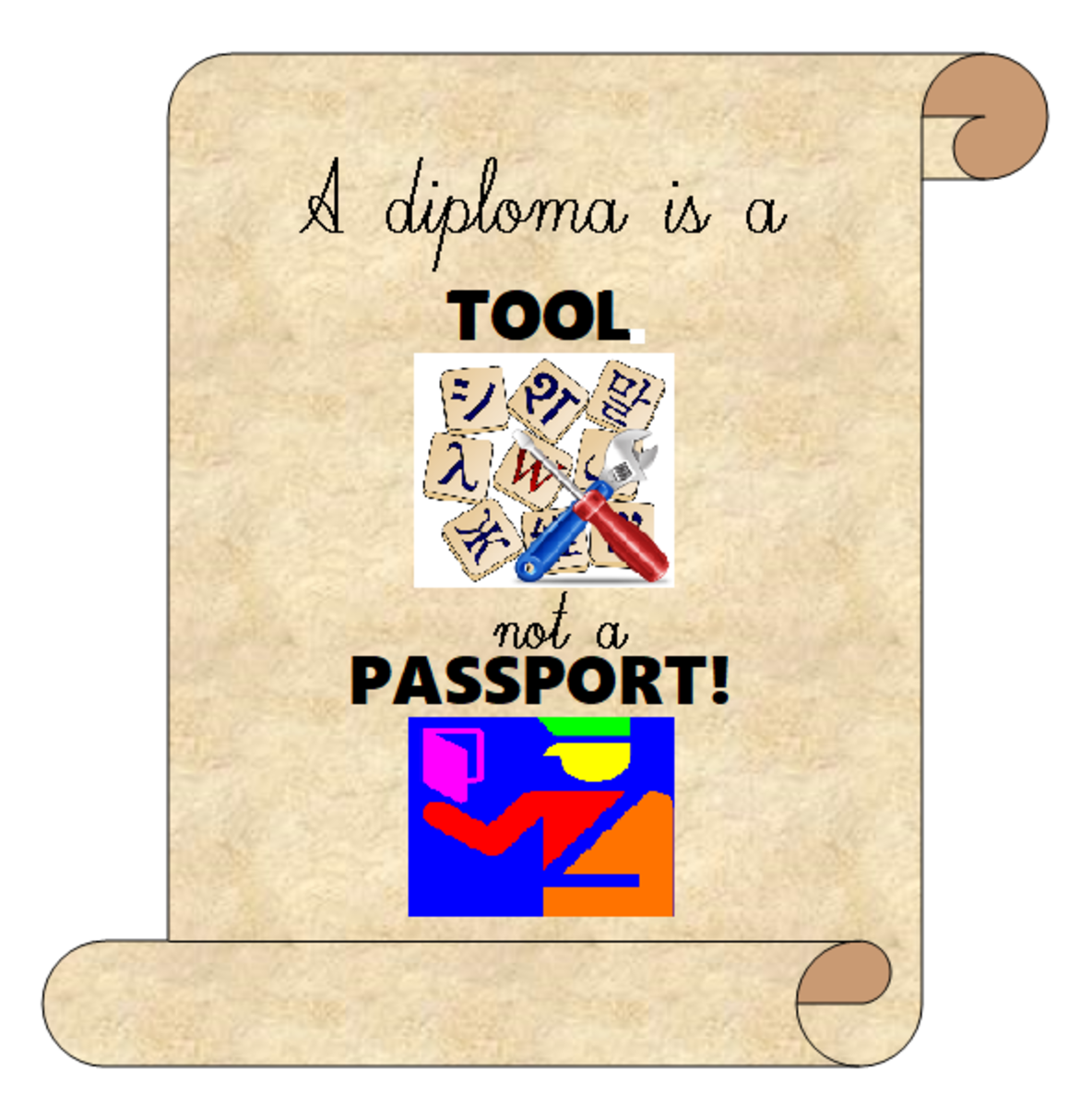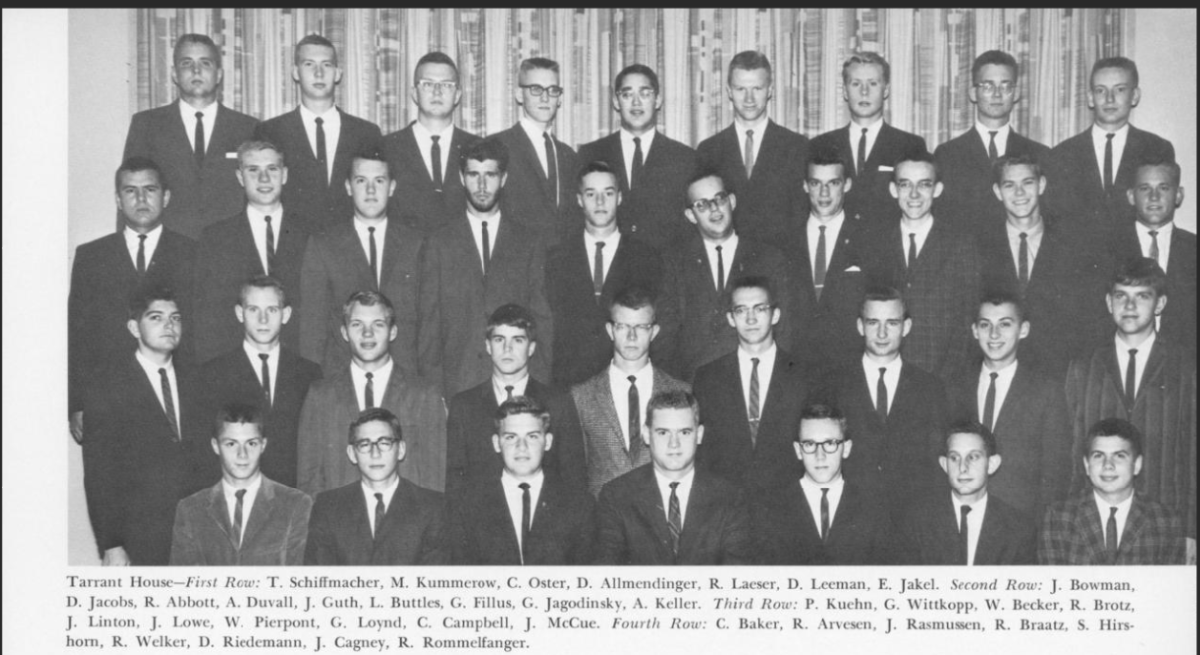Oh The Humanities - 3 Articles That Prove Why You Need to Take a College Humanities Course

No Fair! I'm a Science Major!
It is difficult to underestimate the value of a Humanities class in relationship to the broader topic of higher education. Whether you realize it or not, courses in literature, fine arts, philosophy and history derive from the legacy of the liberal arts and its significance in society's comprehensive development.
Millenia before the printing press, liber (“free”) artes referred to the education that distinguished freemen from servants and slaves. It is no accident that liberal arts re-emerged during the early medieval period when universities became one of the central powers in western civilization. For many, freedom and knowledge became inseparable from one another. As political philosopher Terry Eagleton succinctly says, "in the end, the humanities can only be defended by stressing how indispensable they are; and this means insisting on their vital role in the whole business of academic learning, rather than protesting that, like some poor relation, they don't cost much to be housed." Below are just a few websites that reinforce this sentiment.
In Defense of Humanities
In Defense of Humanities
https://www.youtube.com/watch?v=L8VssKBCQ4A&feature=related
Co-Director of Stanford University's Philosophy and Literature Initiative John Landy here makes earnest and persuasive plea for underclassmen to consider a serious study in the Humanities.The onset of the presentation begins with deliberate provocation: "Don't major in Economics." This sartorial gauntlet is immediately retracted by Landy through several caveats; that students should only pursue degree programs that incite their curiosity and interest. Landy deepens his analysis with a number of anecdotes supporting comprehensive study in the Humanities. First, the Humanities do not (contrary to prevailing sentiments) cause individuals from finding lucrative employment. Landy supports this argument with several slides of entrepreneurs, artists and tech gurus that once majored in the Humanities. Second, the increasing (at times exponential) specialization of human labor means that most individuals have only finite opportunities - Higher Education - to study ideas outside their vocational trajectory. Landy dubs University an "oasis" where ideas can be freely exchanged without the persistent call to commodity. Finally, Landy asserts that even a cursory background in the Humanities can insure individuals lead thoughtful, richer lives.
Discussion Point: It proves difficult to argue with Landy's overall proposition, even though many of his arguments seem tailored to a privileged, Stanford audience. Perhaps his most prescient observation dervies from the invocation of W.E.B. Dubois: "the true college will ever have but one goal - not to earn meat but to know the end and aim of that life which meat nourishes." This notion, according to Landy, comes at a dear but ultimately worthwhile cost.
A Lively Mind: Your Brain on Jane Austen
http://www.npr.org/blogs/health/2012/10/09/162401053/a-lively-mind-your-brain-on-jane-austen
What do you get when you cross a Michigan State University Literature professor with a double blind neuroscience experiment? Answer: Jane Austen. Based on a National Public Radio story, the above article traces the data collection of individuals reading stimulating literature while monitored by MRI. While hypothesis suggested only minimal differences between "Before" and "after" your brain on Jane Austen, results yielded surprising revelations: "Phillips found that close reading activated unexpected areas: parts of the brain that are involved in movement and touch. It was as though readers were physically placing themselves within the story as they analyzed it." In other words, literary immersion rendered readers more sensitive to empirical stimuli, sharpening perception and induce sensory sensitivity.
Discussion Point: Results from the above experiment would at first blush dismiss the "ivory tower" stereotype perpetrated on Humanities loving bookworms; the careworn image of the nebbish book enthusiast with no understanding of the "outside world." On the contrary, Natalie Philips's experience insinuates that the key to a shrewd accountant or perceptive surgeon may be a dose of "Northhanger Abbey."
What Color is Your Degree Plan Required Parachute?
Which of the following Humanities based disciplines provide the best educational benefits for Non-Majors?
Why I Teach Plato to Plumbers
http://www.theatlantic.com/education/archive/2014/04/plato-to-plumbers/361373/
Cedar Rapids Community College instructor Scott Samuelson begins the above composition by asserting his unique position in Higher Education. Due to the Community College structure, rare are the students darkening Samuelson's classroom doors with an innate interest in Plato, Kant and Heidegger. Samuelson suggests that the prevailing tensions between STEM courses - Science, Technology, Engineering, Math - and liberal arts are a symptom of greater trends in post-secondary education: "Why shouldn’t educational institutions predominantly offer classes like Business Calculus and Algebra for Nurses? Why should anyone but hobbyists and the occasional specialist take courses in astronomy, human evolution, or economic history? So, what good, if any, is the study of the liberal arts, particularly subjects like philosophy? Why, in short, should plumbers study Plato?" This observation suggests more than the Martin Neimoller "First they came for ... " rationale. Instead, the composition suggests to an extent all disciplines become abstractions to those only seeking viable trade. So, regardless the subject, all instructors must seek the value in "pure knowledge." Samuelson concludes his writing by suggesting that the practical purpose of higher education - upward economic mobility - can only truly be acceded once the liberal arts cease to be the unique domain of the cultural and financial elite.
Discussion Point: The crux of Samuelson's analysis proves well grounded in a society increasingly divided by wealth differentials. While it may be hyperbolic to suppose the odd philosophy or theater appreciation course can balance income equality in post industrial nations, it's a cinch that depriving - through omission or ideology - working class individuals from traditionally elevated ideas can only supplant or "reify" current social models.
Oh Captain My Captain!
Know any other online resources for substantiating the need for Humanities requirements? I look forward to your comments and thank you in advance for any kind words. Check out my other Hub Pages for additional suggestions for navigating college assignments by working smart instead of merely working hard.








